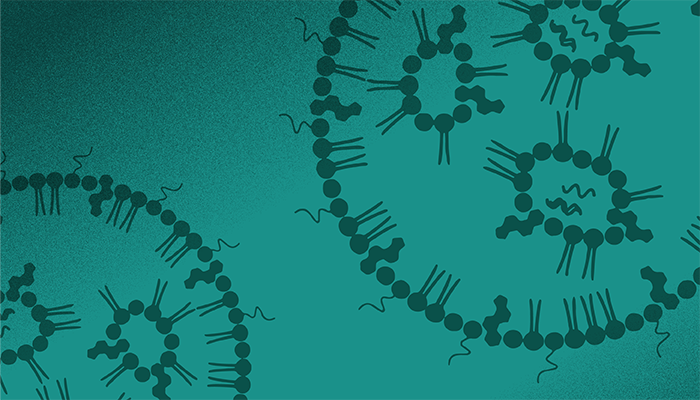
Michelin Star Spectroscopy
Researchers from Yonsei University, Republic of Korea, have developed a switchable flavor compound (SFC) loaded on a hydrogel matrix, creating a new type of enhanced cultured meat. The team employed a variety of spectroscopic techniques, including Raman, NMR and UV-Vis, to design and assess SFC’s chemical structure, thermal responsivity, as well as flavor stability. This led the team to introduce two sulfur compounds – 2-methyl-3-furanthiol and 3-mercapto-2-pentanone – known to contribute to the savory and umami flavors of cooked beef. Ultimately, the researchers were then able to achieve a flavor profile almost identical to that of traditional beef. Read the full writeup!
Direct Detection of Molecular Chirality
A new nuclear magnetic resonance (NMR) technique allows for the direct detection of molecular chirality, eliminating the need for additional chiral agents. The study presents a method that uses both electric and magnetic dipoles to differentiate between enantiomers. This innovation could streamline applications in drug development and materials science where chirality plays a critical role. Read the full writeup!
NMR-based molecular-level characterization allows researchers to understand how siRNA is distributed within its lipid nanoparticle (LNP) core – crucial for optimizing LNP formulations. Link
Portable spectroscopy system that consists of a laser diode and a CMOS-based camera can be placed on the head to non-invasively monitor changes in brain blood flow and volume to assess stroke risk. Link
Depixus launches MAGNA One, a magnetic force spectroscopy instrument, which the company says is “the world’s first consumer laboratory instrument for exploring individual biomolecular interactions at scale.” Link
Research reveals the forensic importance of decay-induced spectral alterations in ante-mortem and post-mortem injuries using ATR-FTIR. Link
Researchers use Raman spectroscopy combined with machine learning and chemometrics to identify atherosclerotic carotid stenosis from serum. Link
In a similar vein… Researchers combine Raman spectroscopy and machine learning for the identification of breast cancer. Link
Empowering the Analytical Scientist in Everyone
In 2021, Michel Nielen, Aydogan Ozcan and Jeroen Jansen asked an important question: could the general public prove to be key in the next great phase of analytical chemistry?
“Enabling citizens to conduct their own measurements is of the utmost importance. In the 21st century, citizens are learning to gather and use their data in innovative ways,” said Jeroen Jansen, who has developed an SCiO Handheld NIR Spectrophotometer, which he uses away from the lab. “Whether it be maintaining health, improving their living environment, or examining exactly what their family is eating, citizens want to know more than ever before. The latest technological developments mean that citizens no longer have to rely on institutions for such measurements.”




